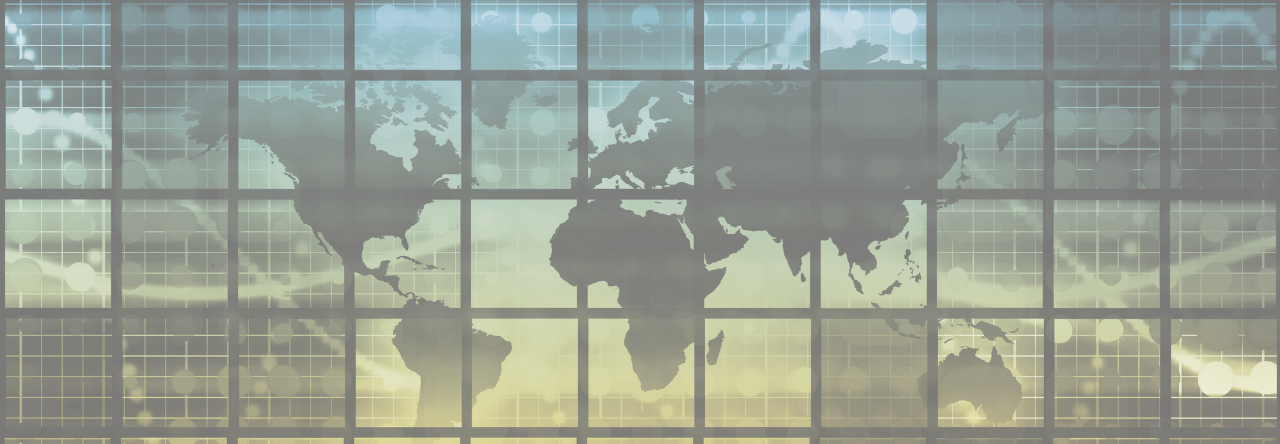This article is the English version of Pierre Mirrel,
« Union européenne-Balkans occidentaux : les illusions perdues ? », published in Politique étrangère, Vol. 87, Issue 4, 2022.

“Undermined by years of mutual ignorance, deceit, and disrespect, the Balkans’ EU accession process has finally succumbed to both European and Balkan leaders’ populist, short-sighted policies.” This remark expresses the frustrations in the Balkans after Bulgaria again vetoed opening accession negotiations with Albania and Northern Macedonia on June 22, 2022, when the European Council was due to recognize the candidacies of Ukraine and Moldova the following day.





Vous devez être connecté pour poster un commentaire.